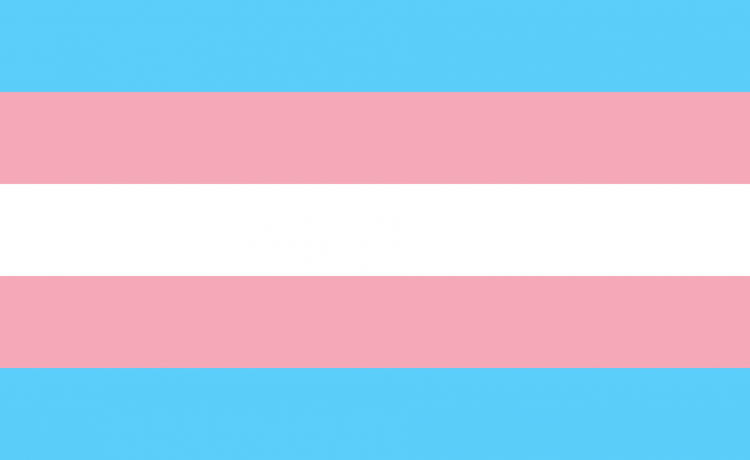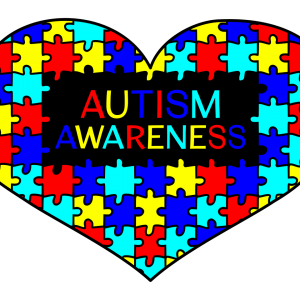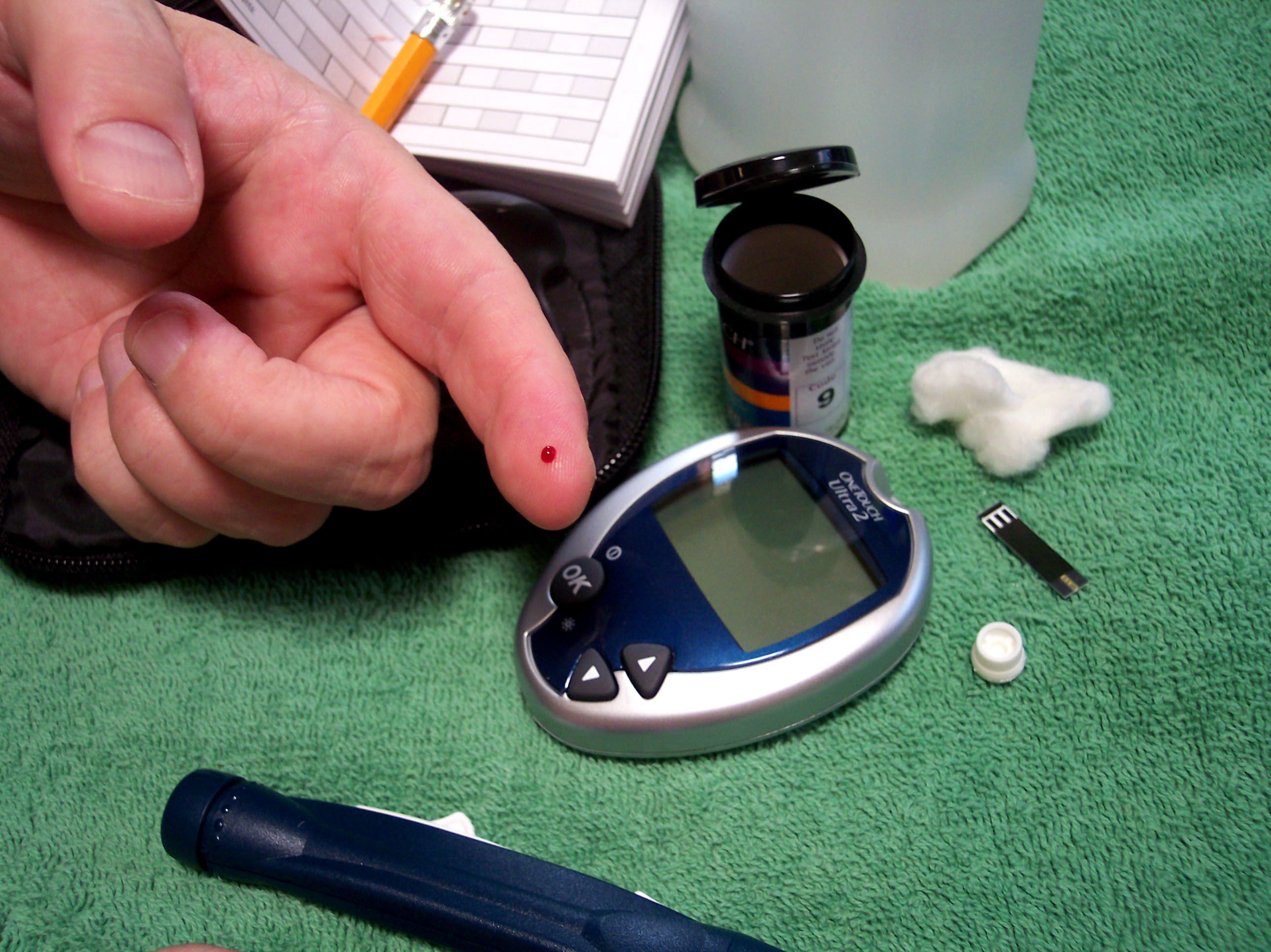Transgender is an umbrella term for people whose gender identity is different from their sex assigned at birth; ‘gender identity’ is one’s innermost concept of self as male, female, a blend of both (gender fluid), or neither (nonbinary). Gender expression involves expressing one’s gender identity through their social roles, appearance, and behaviors. Many health concerns that transgender people face are due to minority stress, such as discrimination and social/internalized stigma. Gender affirming care is essential to transgender health.
Transgender people experience gender dysphoria, a clinically significant distress recognized by the American Psychiatric Association’s Diagnostic and Statistical Manual of Mental Disorders (DSM) caused by a person’s assigned birth gender differing from the one with which they identify. This leads to increased depression, which can be exacerbated by being rejected by family and friends, being the victim of harassment/abuse/violence, or experiencing discrimination. Gender-affirming operations have shown to yield long-term mental health benefits for transgender people.
Transgender people can face significant barriers when accessing healthcare. Finding a healthcare provider who is knowledgeable of transgender health issues can be a hurdle itself; some healthcare professionals may believe that there is something wrong with a person because they are transgender — this belief is categorically false. Even after finding a knowledgeable and sympathetic healthcare provider, insurance may not cover the cost of treatment. Most ID-issuing agencies in the United States require proof of having undergone gender affirming healthcare (usually surgery) before changing the gender marker on their drivers license, birth certificate, and other IDs. Since most health insurers and state Medicaid programs do not cover gender affirming care, many people are inevitably left unable to pay for expensive procedures out-of-pocket. Presenting as a gender or going by a name different from those marked on state-issued IDs can lead to difficulties and risks of danger when dealing with employers or the police, while traveling, or even accessing their own bank accounts. Many transgender people are on a dosage of hormones which can affect their blood pressure, blood sugar, or in rare cases contribute to cancer. Some cancers found in transgender people can appear atypical — trans men are at risk for ovarian and cervical cancers, and trans women can be diagnosed with prostate cancer.
While transgender people are not more susceptible to contracting COVID-19 than cisgender people (those whose gender identity matches their sex assigned at birth), some health habits have raised concern among health professionals. LGBTQIA people use tobacco at a rate 50% higher than the general population and COVID-19 presents with respiratory symptoms that have proven particularly harmful to smokers. Higher rates of HIV and cancer in the LGBTQIA community mean a larger percentage have a compromised immune system, which increases vulnerability to severe coronavirus infection. Transgender people are encouraged along with everyone to wear masks, practice social distancing measures, and get vaccinated/boosted to prevent spreading the coronavirus.
According to the U.S. Department of Health and Human Services, the Affordable Care Act (ACA) protects against discrimination based on gender identity. Despite these protections, over 27% of transgender people report having been denied healthcare. Even paperwork can be a barrier to access for transgender patients as standard forms often only list “male” or “female” as gender options. Nearly 21% of transgender people in the U.S. report being subjected to harsh or abusive language from a healthcare professional, and an almost equal amount say healthcare providers have blamed them for their own health conditions. Transgender people report the highest rates of discrimination and barriers to care among the LGBTQIA community. To avoid discrimination, nearly a third (31%) reported in a survey that none of their healthcare providers knew they were transgender and an additional 17% reported that only some of their providers knew. Transgender men and nonbinary people are among the most vulnerable to losing access to reproductive healthcare following the repeal of Roe v Wade.
Early in his term, President Biden reinstated protections for LGBTQIA people that were removed by the previous administration that had made it easier for people to be discriminated against at the workplace, at school, in healthcare, housing, and public life. President Biden also nominated Dr. Rachel Levine, a transgender woman, for Assistant Secretary of the Department of Health and Human Services (HHS) — breaking down a barrier of transgender representation in a federal agency.
This has not stopped states from passing dehumanizing anti-transgender legislation that dictates public restroom access and sport participation must be based on sex assigned at birth — often requiring bizarre and harmful invasions of privacy such as checking a child’s genitals when their gender is called into question or forcing student athletes to provide their menstrual history — or criminalizing healthcare services for trans people altogether. The attacks against transgender people receiving essential gender affirming healthcare has even extended to hospitals being harassed and healthcare providers receiving death threats from those who believe (or willfully perpetuate) transphobic lies.
Not only do these harmful legislations aim to control transgender bodies and lead to stochastic violence against trans people and their healthcare providers, many of these bills include specific exemptions allowing “corrective” procedures on intersex traits — attempting to set a legal standard for what a “normal” body should look like in regards to gender. Banning patient-initiated care that reduces the risk of depression and suicide for transgender youth while encouraging the continuation of non-consensual surgeries for intersex children has been denounced as a human rights violation by the United Nations, the World Health Organization, and the American Academy of Family Physicians.
Transgender Awareness Week ends on November 20, known as Transgender Day of Remembrance, which is observed as a vigil commemorating the transgender people lost to violence. At the time of writing, at least 32 transgender people have been killed in the United States in 2022, a majority of whom were Black or Latinx trans women. Victims of anti-transgender violence are often misgendered in police statements and media reports, which can delay awareness of deadly incidents and further perpetuate the pain of trans communities.
While the details of each case differs, it is clear that fatal violence disproportionately affects transgender women of color and that the intersections of racism, sexism, homophobia, and transphobia conspire to deprive too many people of healthcare, housing, and other necessities. Awareness is vital for the stigma and misconceptions about transgender people being replaced wth solidarity and allow communities to be able to live safely and in peace.
Human Rights Campaign (HRC) has information on finding insurance for transgender-related healthcare. To further help those in need, NeedyMeds has a growing list of programs in our Diagnosis-Based Assistance database for transgender/gender non-conforming people that offer various forms of assistance such as financial aid or legal services. We also have listings for recreational camps/retreats and academic scholarships for LGBTQIA youth and their families. If you know any programs assisting transgender people that we don’t have listed on our site, leave a comment and let us know about it.
We encourage everyone to educate themselves, strive to understand the difficulties and experiences people around us live with, and to replace stigma and bias with hope and support. If you or someone you know is suffering, it is important to know that no one is alone in their struggle. Call for assistance, whether help is needed immediately or long-term.
Lines for Life (crisis support for youth, seniors, racial minorities, & military families): Call or text 988
The Trevor Project (LGBTQIA crisis support): 1-866-488-7386 or Text “START” to 678-678
Trans Lifeline (transgender crisis support): (877) 565-8860
Blackline (LGBTQIA-inclusive crisis support for Black, Indigenous, & Muslim communities): 1-800-604-5841





